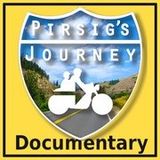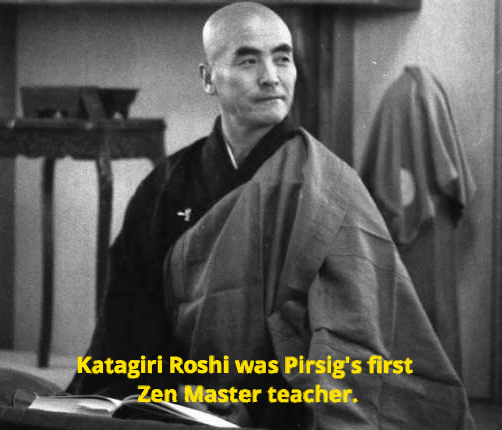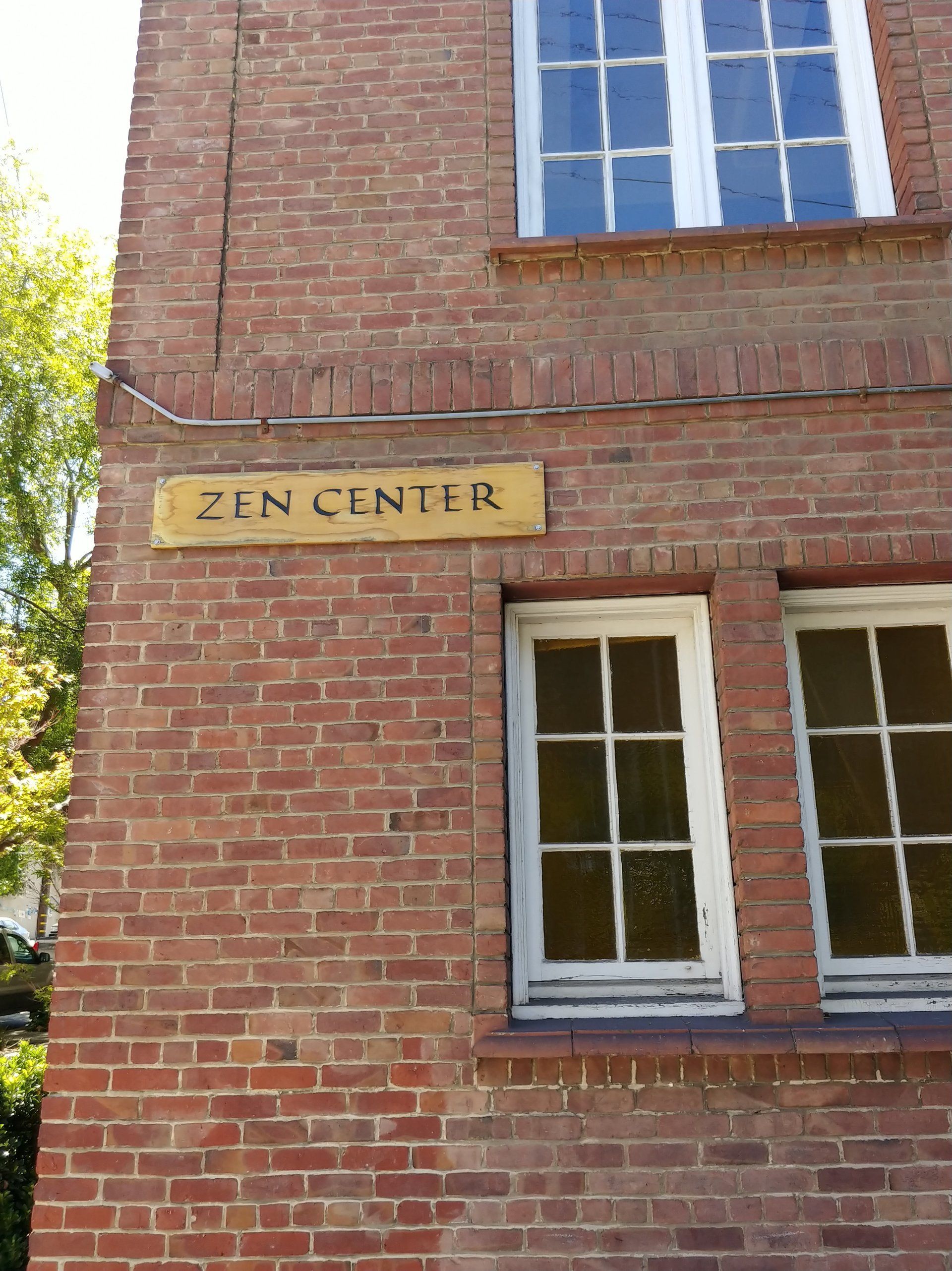The ZEN Connection
Chris Pirsig was a resident for a couple of years at the San Francisco Zen Center where he continued his meditation practice.
He was noted as being a quite and reserved person keeping mostly to himself.
From ZMM book, "Then, on impulse, Phædrus went over to his bookshelf and picked out a small, blue, cardboard-bound book. He'd hand-copied this book and bound it himself years before, when he couldn't find a copy for sale anywhere. It was the 2,400-year-old Tao Te Ching of Lao Tzu."
Zen Buddhism is a mixture of Indian Mahayana Buddhism and Taoism. It began in China, spread to Korea and Japan, and became very popular in the West from the mid 20th century. The essence of Zen is attempting to understand the meaning of life directly, without being misled by logical thought or language.
"Robert Pirsig acknowledged in his author’s note that the book has nothing to do with “orthodox Zen Buddhism,” but Pirsig understood that Zen is a direct, unmediated experience that cannot be expressed in language. For Pirsig, Zen is the romantic counterpart to the rational, logic-driven mindset that he initially favors. Eventually, he concludes that one must embrace and balance the rational and the romantic to achieve Quality, a philosophical ideal in which one finds fulfillment. In this sense, his book is about Zen, but it’s the kind of Zen that isn’t tied to a particular culture, history, or religion." _Dr.M. Bryson
-

Green Gulch Farm Zen Center Monastery
it's just being.
Muir Beach, CA 
Slide title
Write your caption hereButton
Slide title
Write your caption hereButton
Slide title
Write your caption hereButton
Slide title
Write your caption hereButton
Slide title
Write your caption hereButton
Slide title
Write your caption hereButton
Slide title
Write your caption hereButton
Slide title
Write your caption hereButton
Slide title
Write your caption hereButton
Pirsig's Journey is a documentary film by Three Fold Flame Productions, LLC
Let's do this together!
See you at the screening.
See you at the screening.








